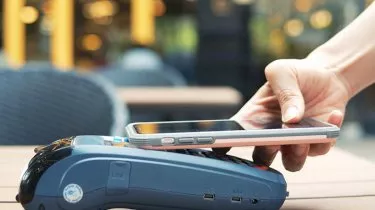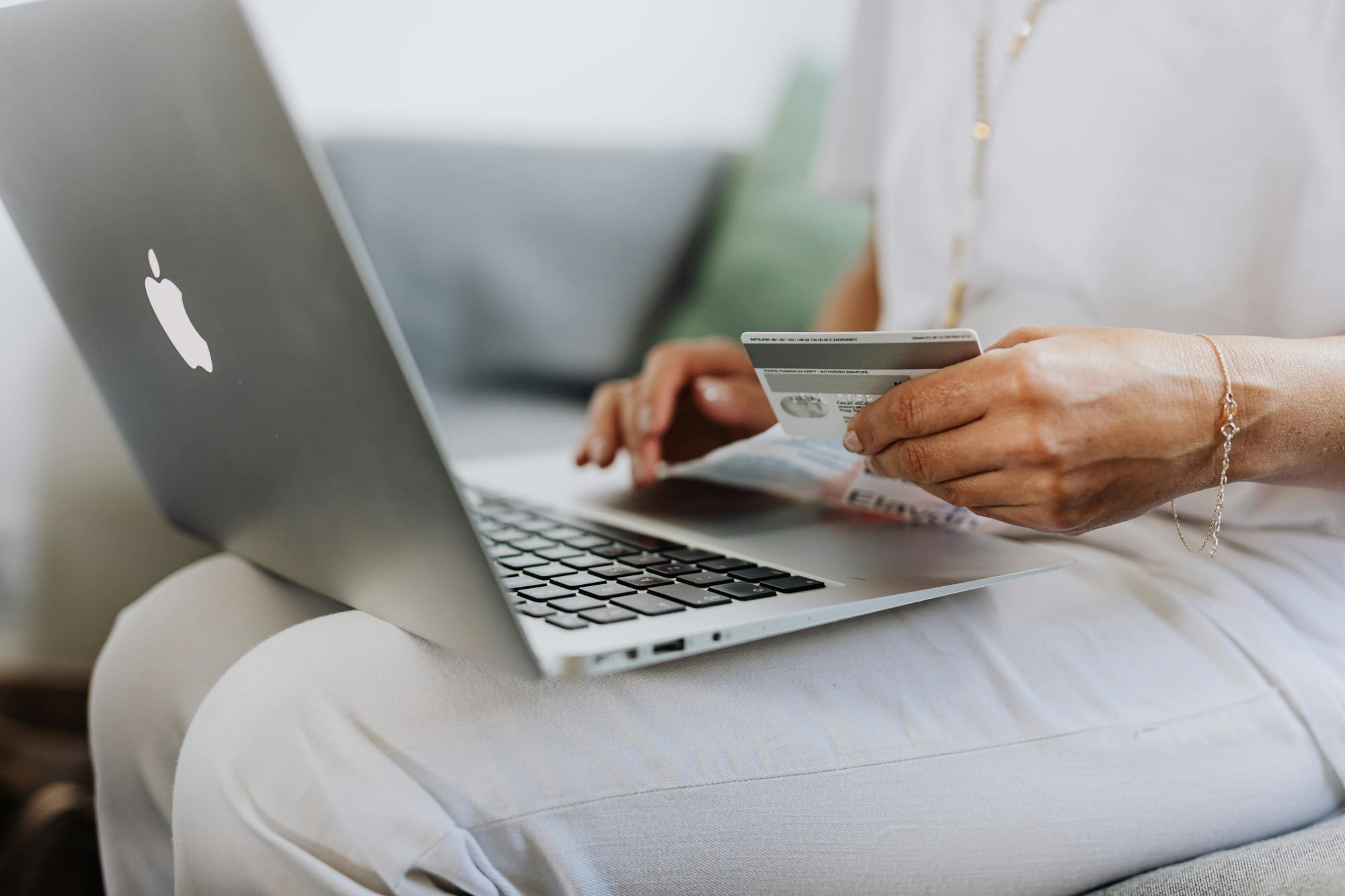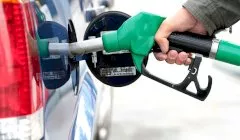Save
A cashless society could be closer than we think
If Australia was to go completely cashless tomorrow, more than half of Australians would be comfortable with the idea, new research has revealed.
A cashless society could be closer than we think
If Australia was to go completely cashless tomorrow, more than half of Australians would be comfortable with the idea, new research has revealed.

Software comparison platform Capterra has investigated how COVID-19 has impacted on Australia’s use of cash, and whether or not it has increased Australia’s readiness towards becoming a cashless society.
According to the analysis, 55 per cent of Australians are comfortable with the idea of a completely cashless society.
A slightly higher proportion of Australians do already have a mobile wallet installed on their phone or smart device – at 58 per cent – but an overwhelming majority (97 per cent) actually plan to use mobile wallets post-COVID-19.
The shift has been predominantly driven by health reasons – which have been cited as the single biggest driver for using mobile wallets in 2020 – with one-third (33 per cent) of respondents preferring to avoid handling money or using a chip and pin terminal.

According to Capterra content analyst Anna Hammond, “Social distancing measures have certainly driven consumers and businesses closer towards a more cashless future in Australia. As stores, restaurants, bars and cafes began to reopen their doors, we saw them take steps towards creating safer environments for their customers.”
But it’s not an even spread, with Capterra discovering that lower-income Australians are less likely to use mobile payments, despite a number of retailers now refusing cash to try and protect the risk of spreading the virus.
“Many demographics – particularly older generations and lower earners – require more time to adapt to the concept of a completely cashless society,” Ms Hammond commented.
Despite the move towards cashless transactions, 20 per cent of respondents did concede they will always feel the need to carry around cash, no matter how many stores do offer digital payment alternatives.
Even for mobile wallet users, concerns were still flagged as to their use – with 57 per cent of Australians still holding underlying concerns around the security of such services, whether that relates to their data being stolen or their phone being hacked.
Other commonly held concerns about a move towards a cashless society and the increased use of mobile wallets include: not wanting to get caught out by businesses that only accept cash payment (39 per cent), preferring to pay for small amounts using cash (28 per cent), and not wanting to give their spending data to companies (16 per cent).
About the author

About the author


Expenses
Navigate Black Friday safely: Essential tips for global shoppers
As the global retail landscape gears up for another round of Black Friday and Cyber Monday sales, consumers worldwide are being advised to proceed with caution. HSBC, one of the leading financial ...Read more

Expenses
Expert tips to secure your financial safety net
New Zealanders are known for their "she'll be right" attitude, but when it comes to handling unexpected bills, being prepared is crucial. Read more

Expenses
Australians continue to opt for free VPNs, ignoring potential privacy risks
Australians, alongside citizens of Sweden, South Korea, and Mexico, are increasingly choosing to use free Virtual Private Networks (VPNs), despite the potential threats to their privacy. Read more

Expenses
Rooftop solar in childcare centres could cut energy bills by millions
The analysis conducted by Parents for Climate has revealed that the installation of rooftop solar and batteries in early childhood education and care (ECEC) centres could lead to savings of up to $130 ...Read more

Expenses
Corporate Traveller identifies key strategies for business travel savings
Flight Centre Travel Group's Corporate Traveller, a premier service provider for managing SME travel, has shared several effective strategies that enabled their business clients to significantly ...Read more

Expenses
Price no longer the prime factor for energy bills
Many Australians are intrigued but unconvinced when it comes to greening their energy bill. Read more

Expenses
1 in 2 Aussie pet owners spends on their pets more than themselves
Does owning a pet eat into your monthly budget? You’re not alone. Read more

Expenses
The real reason Sydney’s petrol prices are so high
Sydney fuel prices may seem like they’re soaring, but a recent study indicates that they may be cheaper than you think. Read more

Expenses
Navigate Black Friday safely: Essential tips for global shoppers
As the global retail landscape gears up for another round of Black Friday and Cyber Monday sales, consumers worldwide are being advised to proceed with caution. HSBC, one of the leading financial ...Read more

Expenses
Expert tips to secure your financial safety net
New Zealanders are known for their "she'll be right" attitude, but when it comes to handling unexpected bills, being prepared is crucial. Read more

Expenses
Australians continue to opt for free VPNs, ignoring potential privacy risks
Australians, alongside citizens of Sweden, South Korea, and Mexico, are increasingly choosing to use free Virtual Private Networks (VPNs), despite the potential threats to their privacy. Read more

Expenses
Rooftop solar in childcare centres could cut energy bills by millions
The analysis conducted by Parents for Climate has revealed that the installation of rooftop solar and batteries in early childhood education and care (ECEC) centres could lead to savings of up to $130 ...Read more

Expenses
Corporate Traveller identifies key strategies for business travel savings
Flight Centre Travel Group's Corporate Traveller, a premier service provider for managing SME travel, has shared several effective strategies that enabled their business clients to significantly ...Read more

Expenses
Price no longer the prime factor for energy bills
Many Australians are intrigued but unconvinced when it comes to greening their energy bill. Read more

Expenses
1 in 2 Aussie pet owners spends on their pets more than themselves
Does owning a pet eat into your monthly budget? You’re not alone. Read more

Expenses
The real reason Sydney’s petrol prices are so high
Sydney fuel prices may seem like they’re soaring, but a recent study indicates that they may be cheaper than you think. Read more













